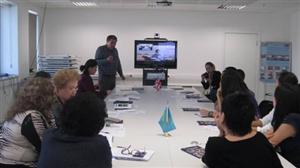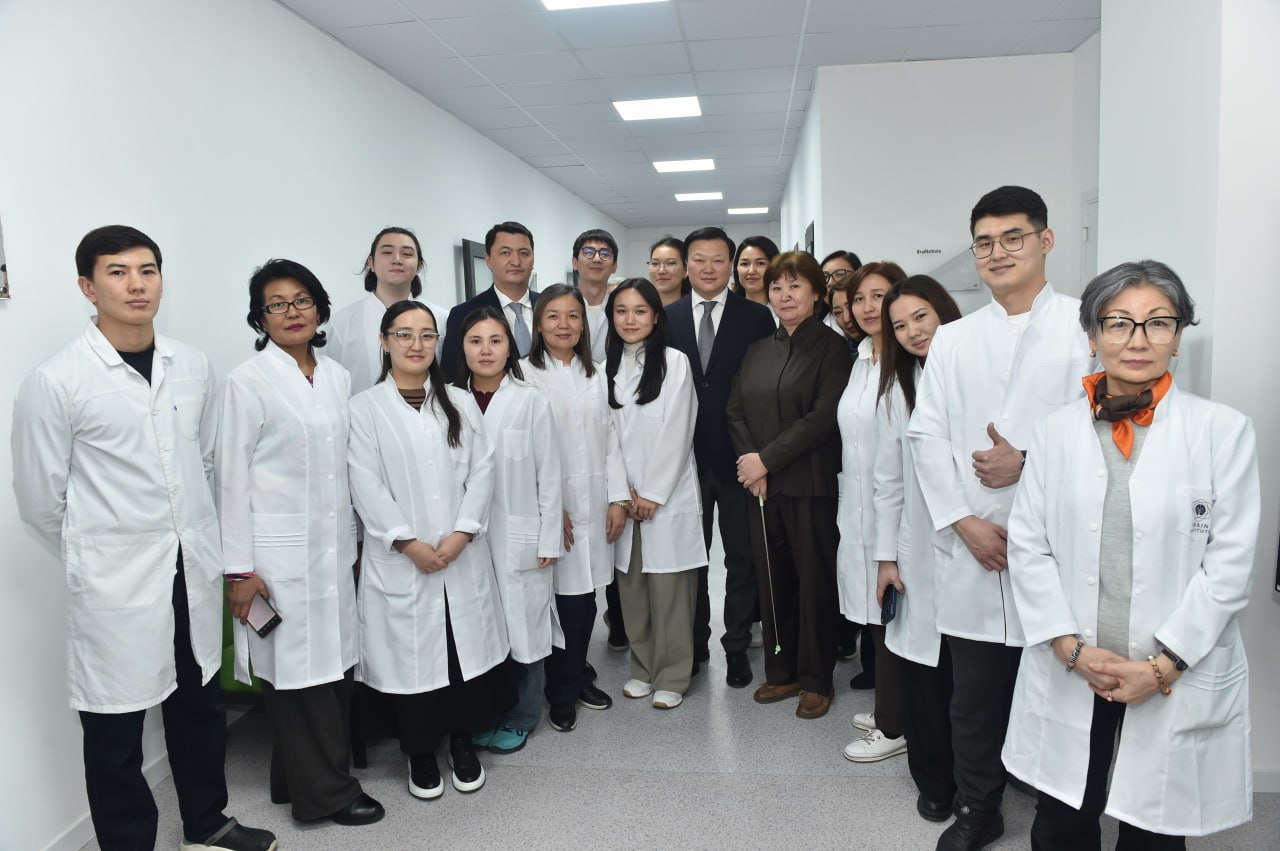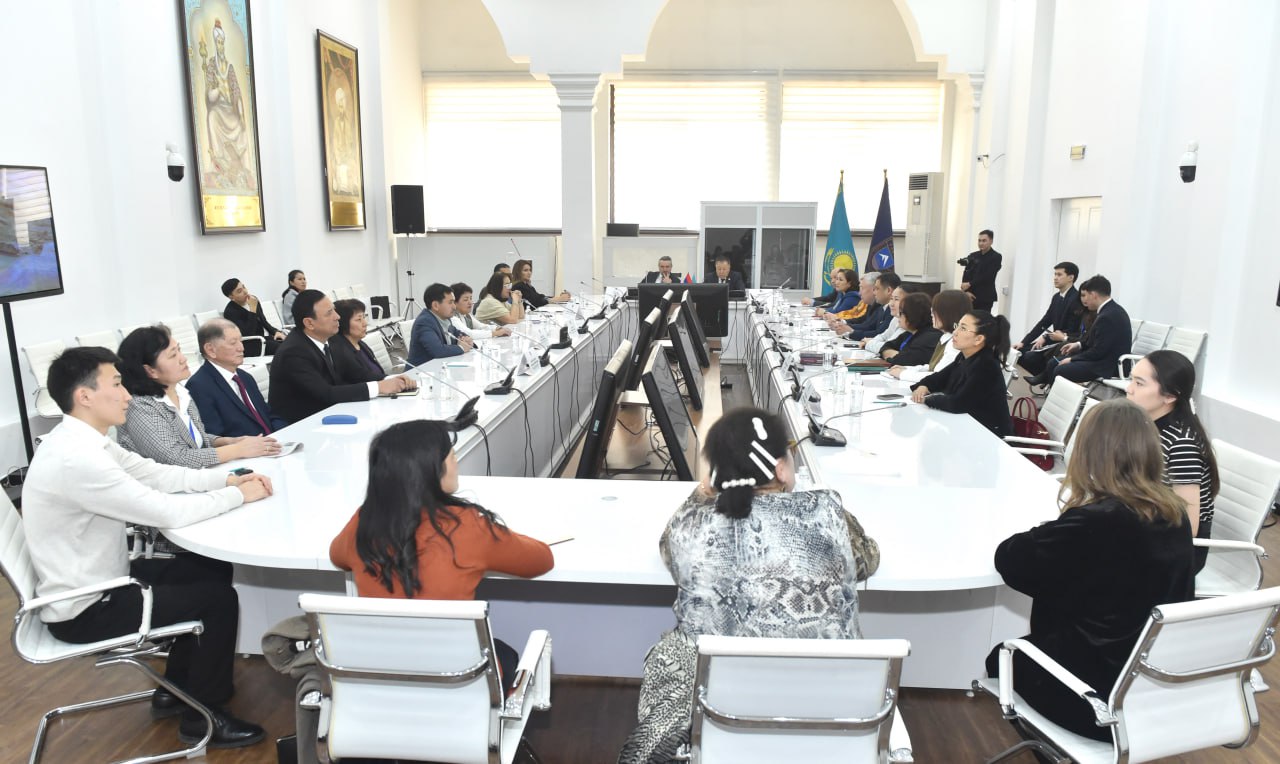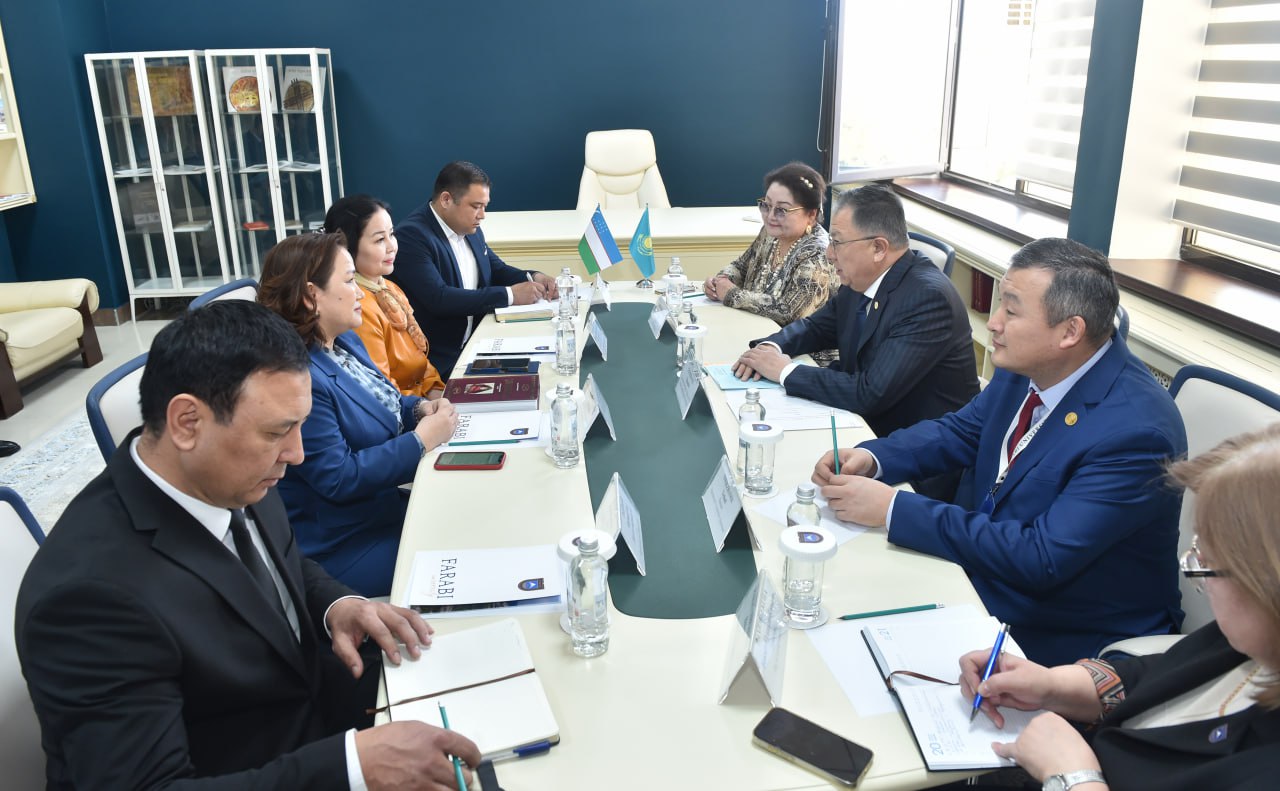
Geography Faculty of KazNU named al-Farabi and the Institute of Ecology in cooperation with the international organization British Council leaded a scientific seminar on theme: “The role of the project INSPIRE for international cooperation between the al-Farabi Kazakh National University and the University of Nottingham on problems of climate change” at workshop was established video link with London, in which the participants listened a report of PhD Marat Karataev, discussed issues on ways to reduce carbon dioxide emissions in the environmental program British Council.
D.B.Woodward, British Council Project Manager for Higher Education
We welcome you in the office. Thank you for taking the time to join and take part in a seminar on climate change.
In our offices in the UK introduced a system of Environmental Management System,
a multi-level system, in which, all the data detects (gasoline, air travel staff and project participants, water consumption, etc.) and which aims to reduce emissions of carbon dioxide into the atmosphere.
British Council directs all efforts to reduce the amount of waste, water use and air travel. We try to use more video conferencing, teleconferencing, choose flights not only in cost, but also on the duration of the flight, as well as working with our partners to achieve a common goal - the protection of the environment. Very pleased to see our partners at today's event.
The dean of Geography Faculty of al-Farabi, d.g.sc., professor Salnikov V.G.: “"The project of climate change and land degradation in Kazakhstan was organized with the support of British Council in 2008. Over the years, we have conducted field studies, as well as the processing and analysis of the data. As well as the visits of scientists to share experiences and outline topics for future research. The work confirmed the fact, that over 70% of the country’s land continues get a negative process of desertification and land degradation. Anomalously warm years 2009-2012 with the change of temperature by 1-2 degrees already affecting the entire ecosystem of the region, especially the shortage of irrigation water and as a consequence, reduced crop yields and food production in general ... The increase frequency of various extreme weather disasters- floods, landslides, salinization, water and wind erosion. As a result of this common research will be developed recommendations to the various ministries departments and institutes of the Republic of Kazakhstan ".
The director of the Institute of Ecology of al-Farabi, candidate of geographical science Skakova A.A.: "The aim of the common project is to identify the current trends of climate change in Kazakhstan. Observe changes of our landscape, frequency of natural disasters, etc. Without a doubt, this is a very crucial subject for Kazakhstan and it is gratifying that the work in this area will continue. After 3 years of research, will be followed joint scientific publications and the formation of stable international relations, because real science never stands on and do not accept boundaries! "
Noteworthy that during the workshop was established video link with London, in which the participants listened a report of PhD Karataev Marat, who said that with the common project he managed to pass two-month internship under the direction of Professor Michael Clarke, Department of Geography of the University of Nottingham (UK). Young scientist thanked own alma mater for the opportunity to study at one of the best universities in the UK.
Summing up the seminar, representatives of British Council, Ms. D.Woodward noted that cross-cultural communication between England and Kazakhstan will develop in the future. Priority for Kazakhstan is the educational policy and planning, the environment, energy and biotechnology.
SRI of Ecology problems


